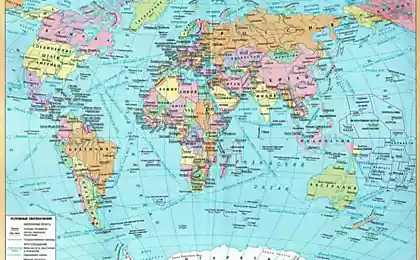872
"Green" country in the world
Let's talk about the cleanest countries - that is normal, almost unpolluted environment. There are very few places left, so we suggest to familiarize with this information in order to know where even nature is not destroyed by man. In recent years, however, many people reflect on their own attitudes towards the environment, and began to mend - who refuses the car who wind generator sets who use "green" gadgets and devices.
All countries would be as clean as those described herein.
Now, researchers at Yale University ranked these countries, taking into account a number of factors. Countries are scored on a scale stoballnoy.
10 ph via citypicture
In fifth place Norway - 81.1 points. By 2030, Norway will become a country with virtually no industrial emissions of CO2. Already, the country is taking steps to reduce carbon dioxide emissions into the atmosphere, looking for ways to reduce emissions. To achieve this, the government is making the procurement of equipment and technologies. There are currently plans to reduce carbon dioxide emissions by 40%.
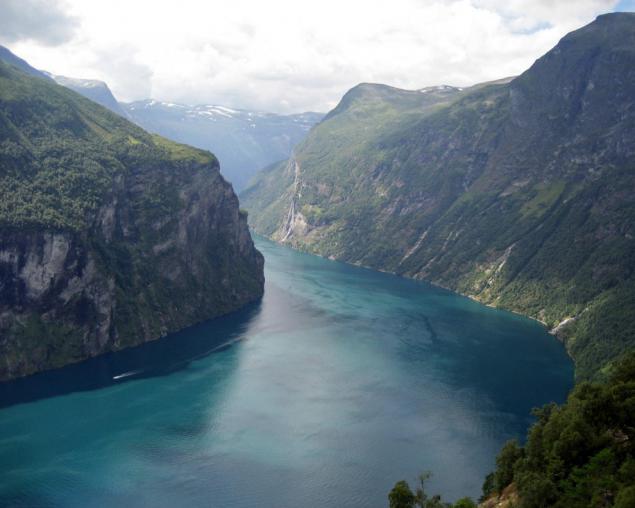
Incidentally, the steps are not purely scientific, but also economic. For those motorists who have a car with the engine on diesel fuel should pay more. In addition, Norway paves the additional railway line to save the inhabitants of the country from having to travel by car over long distances. The country is also tidies landscapes, disturbed previously.
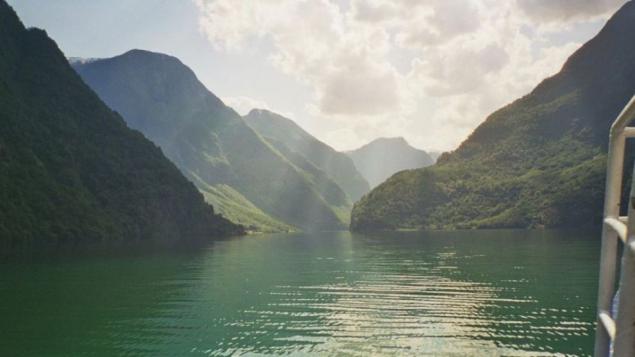
In fourth place Sweden - 86.0 points. While the rest of the country are experiencing hard times because of the need to always pay more for fuel, going to Sweden already in 2020 to transfer all the houses on the fuel-free mode. No, the government has not gone mad and not going to turn off all heating and gas. Sweden gradually shifting to renewable energy sources.
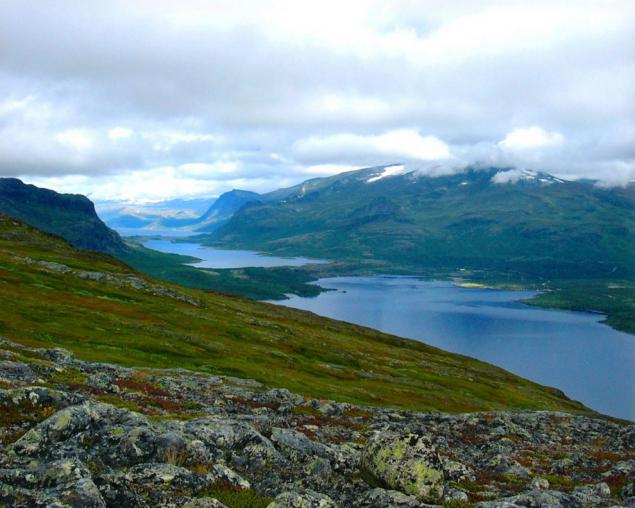
Such a plan was not adopted now, but back in 1980, during one of the fuel crisis. The country is focused on the energy of rivers, wind and sun. Unfortunately, Sweden is building nuclear power plants, which are well, not exactly "clean". Efforts and other steps. For example, sawdust was pelleted and sell the population for heating. Moreover, Sweden gradually proceeds to biogas in vehicles instead of a conventional methane. It sounds a bit strange, but much cheaper biofuels produced in the bowels of the earth gas.
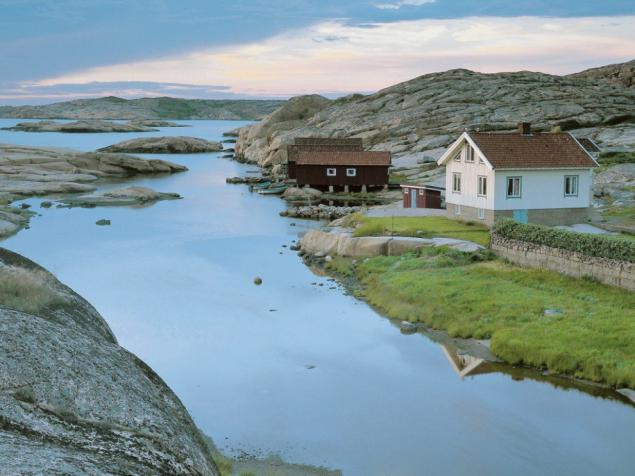
In third place Costa Rica - 86.4 points. This country has long announced its intention to remain a clean country, Costa Rica is now working on the conservation of primary forests and biodiversity. By 2021 Costa Rica is going to become a country with zero emissions of industrial carbon dioxide. To this end, the government contributes to the development of new alternative energy sources, introducing existing in the industry. Of course, Costa Rica - a warm country, so it is not necessary to heat the house. This immediately almost one-third reduces the energy consumption.
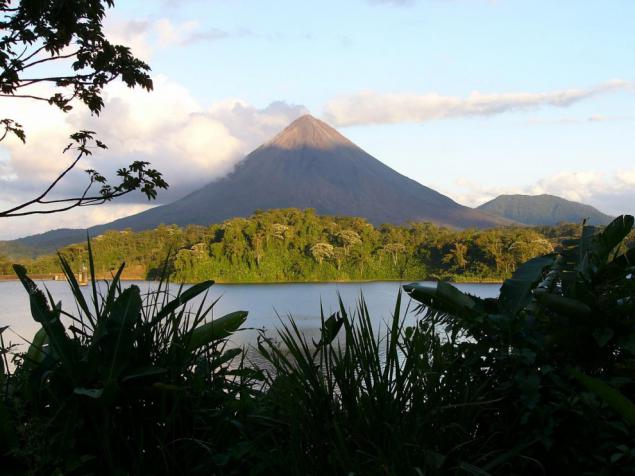
For decades, Costa Rica has destroyed their own forests, sold abroad. Who is making significant efforts to reduce the activity of companies that cut down forests, in addition, the country is trying to plant new trees to replace felled. Only in 2008, in spite of the crisis were planted 5 million new trees. It's not much, but it gives hope for the restoration of destroyed earlier.
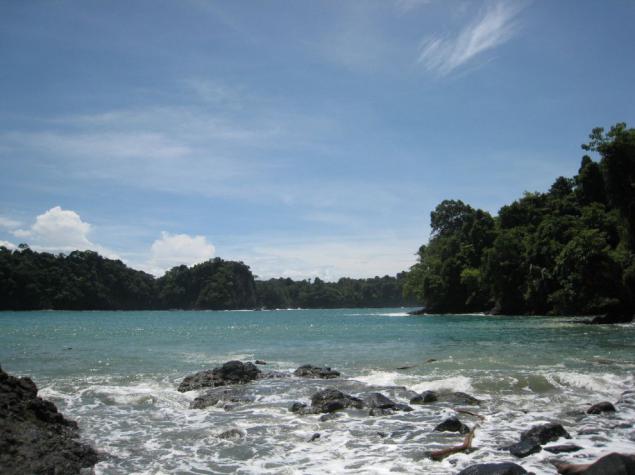
In second place Switzerland - 89.1 points. This country was the leader of the rating of the cleanest countries in 2008, now it has moved into second place. Switzerland is constantly working to stay clean, "green" country, gradually reducing the amount of emissions and tidying their own territory. The government is gradually creating new national parks, where nature comes in original form.
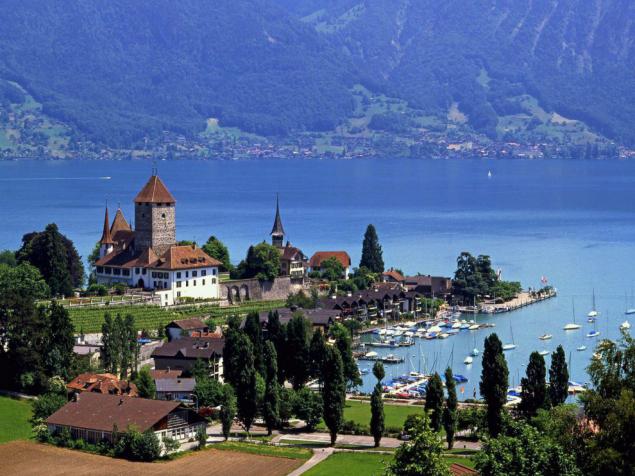
In Switzerland, large and small companies as well as individuals, are implementing "green" technologies, and encourage the use of these technologies for its customers. For example, the popular hotels in this country are doing discounts to those who arrive on hybrid cars. In addition, many homes use heating system that receives energy from geothermal sources. But, in general, Switzerland has never been a "dirty" country. That's really, truly - "Clean, not where sweeping, but where do not litter." For Switzerland, this motto is native.
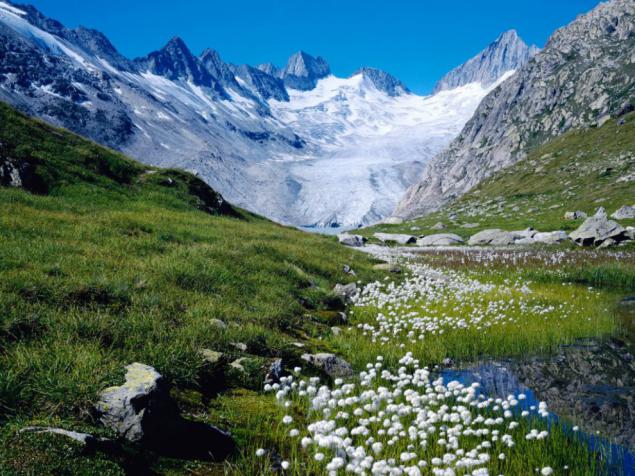
In the first place Iceland - 93.5 points. If we talk about geothermal sources, and someone was lucky in that respect because it's Iceland. Iceland eliminating the need to burn something to get warm. No heat in this country plenty, despite the cold climate.
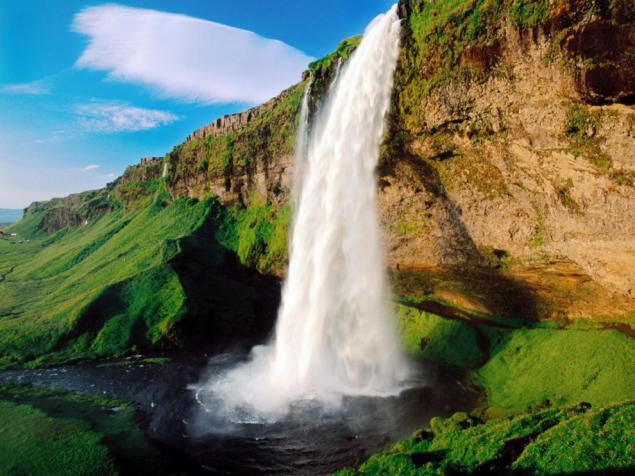
The Icelandic Government is encouraging the people of this small country to use "green" technology, but also the people themselves do not resist. Interestingly, earlier Iceland 70% dependent on the supply of coal, which is imported into the country. Now, however, the dependence of the energy sphere of Iceland from coal is only 18%. Even if coal supply does stop, Iceland will survive. By 2050, Iceland is going to get rid of dependence on coal and oil, excluding the natural resources of the economy and industry of the country.
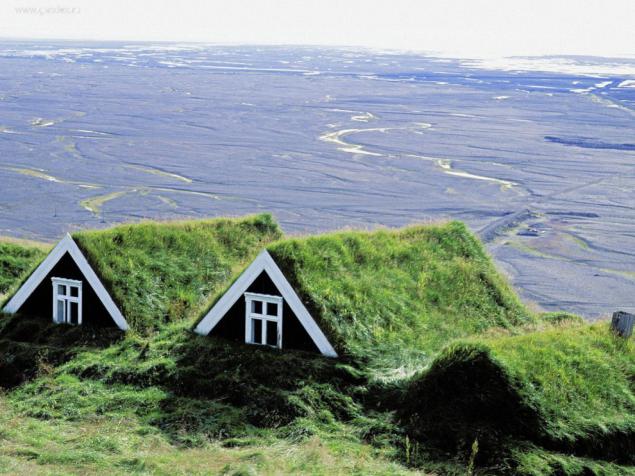
Source:
All countries would be as clean as those described herein.
Now, researchers at Yale University ranked these countries, taking into account a number of factors. Countries are scored on a scale stoballnoy.
10 ph via citypicture
In fifth place Norway - 81.1 points. By 2030, Norway will become a country with virtually no industrial emissions of CO2. Already, the country is taking steps to reduce carbon dioxide emissions into the atmosphere, looking for ways to reduce emissions. To achieve this, the government is making the procurement of equipment and technologies. There are currently plans to reduce carbon dioxide emissions by 40%.

Incidentally, the steps are not purely scientific, but also economic. For those motorists who have a car with the engine on diesel fuel should pay more. In addition, Norway paves the additional railway line to save the inhabitants of the country from having to travel by car over long distances. The country is also tidies landscapes, disturbed previously.

In fourth place Sweden - 86.0 points. While the rest of the country are experiencing hard times because of the need to always pay more for fuel, going to Sweden already in 2020 to transfer all the houses on the fuel-free mode. No, the government has not gone mad and not going to turn off all heating and gas. Sweden gradually shifting to renewable energy sources.

Such a plan was not adopted now, but back in 1980, during one of the fuel crisis. The country is focused on the energy of rivers, wind and sun. Unfortunately, Sweden is building nuclear power plants, which are well, not exactly "clean". Efforts and other steps. For example, sawdust was pelleted and sell the population for heating. Moreover, Sweden gradually proceeds to biogas in vehicles instead of a conventional methane. It sounds a bit strange, but much cheaper biofuels produced in the bowels of the earth gas.

In third place Costa Rica - 86.4 points. This country has long announced its intention to remain a clean country, Costa Rica is now working on the conservation of primary forests and biodiversity. By 2021 Costa Rica is going to become a country with zero emissions of industrial carbon dioxide. To this end, the government contributes to the development of new alternative energy sources, introducing existing in the industry. Of course, Costa Rica - a warm country, so it is not necessary to heat the house. This immediately almost one-third reduces the energy consumption.

For decades, Costa Rica has destroyed their own forests, sold abroad. Who is making significant efforts to reduce the activity of companies that cut down forests, in addition, the country is trying to plant new trees to replace felled. Only in 2008, in spite of the crisis were planted 5 million new trees. It's not much, but it gives hope for the restoration of destroyed earlier.

In second place Switzerland - 89.1 points. This country was the leader of the rating of the cleanest countries in 2008, now it has moved into second place. Switzerland is constantly working to stay clean, "green" country, gradually reducing the amount of emissions and tidying their own territory. The government is gradually creating new national parks, where nature comes in original form.

In Switzerland, large and small companies as well as individuals, are implementing "green" technologies, and encourage the use of these technologies for its customers. For example, the popular hotels in this country are doing discounts to those who arrive on hybrid cars. In addition, many homes use heating system that receives energy from geothermal sources. But, in general, Switzerland has never been a "dirty" country. That's really, truly - "Clean, not where sweeping, but where do not litter." For Switzerland, this motto is native.

In the first place Iceland - 93.5 points. If we talk about geothermal sources, and someone was lucky in that respect because it's Iceland. Iceland eliminating the need to burn something to get warm. No heat in this country plenty, despite the cold climate.

The Icelandic Government is encouraging the people of this small country to use "green" technology, but also the people themselves do not resist. Interestingly, earlier Iceland 70% dependent on the supply of coal, which is imported into the country. Now, however, the dependence of the energy sphere of Iceland from coal is only 18%. Even if coal supply does stop, Iceland will survive. By 2050, Iceland is going to get rid of dependence on coal and oil, excluding the natural resources of the economy and industry of the country.

Source:




















